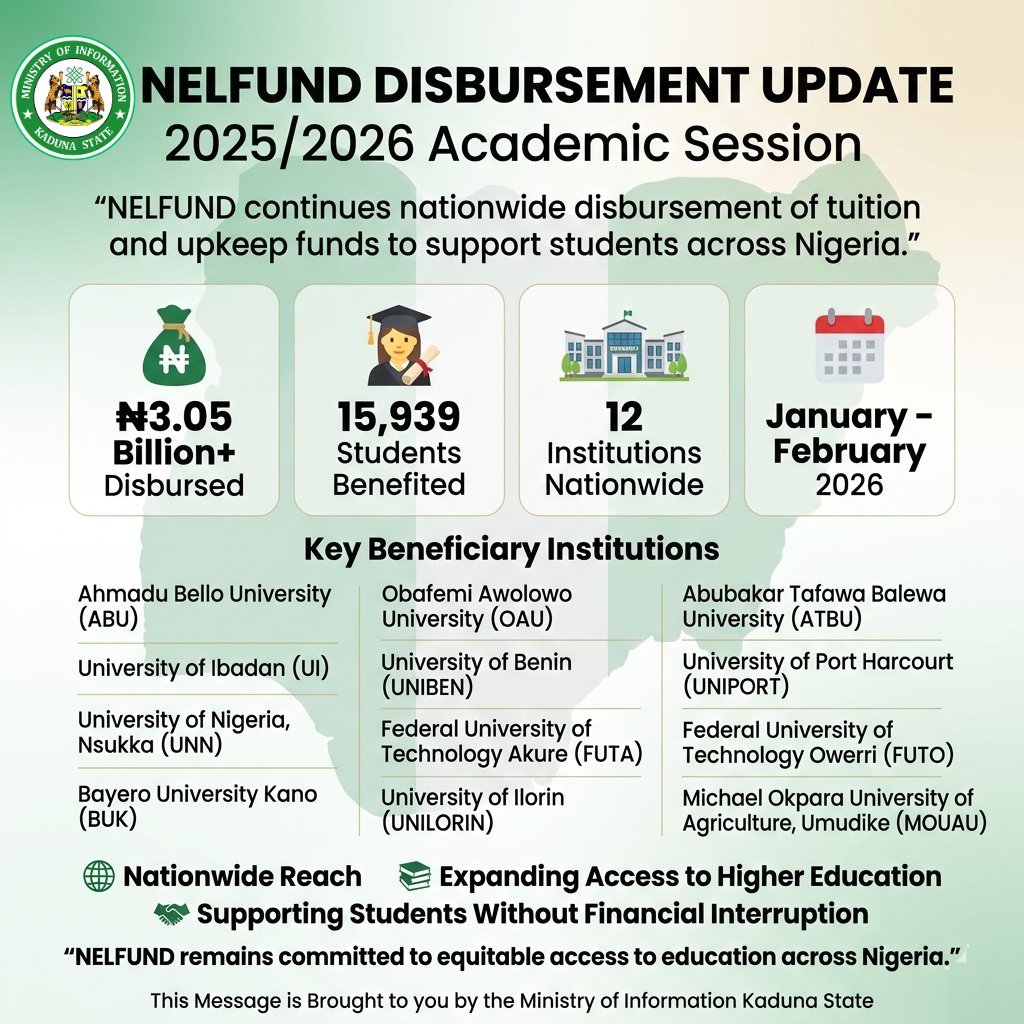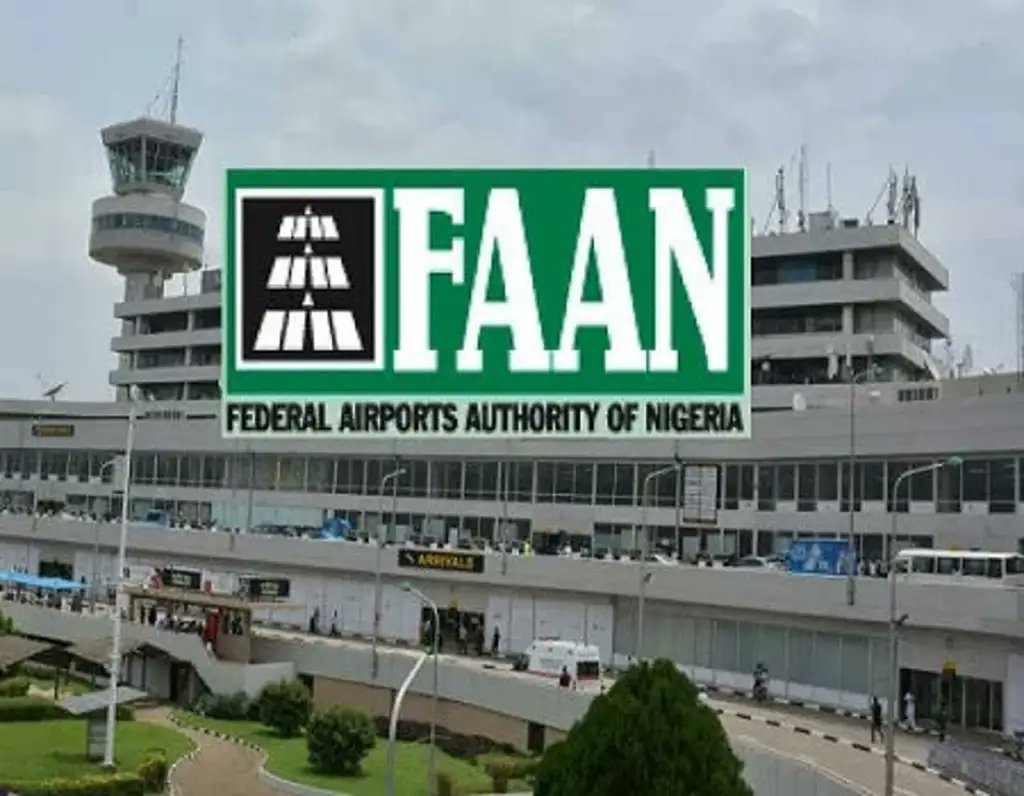
Keyamo Warns Foreign Airlines: Patronize Local Caterers or Face Summer Schedule Rejection

The Nigerian government has issued a stern warning to foreign airlines operating in the country, mandating them to patronize local catering services or risk having their summer flight schedules rejected. The directive was announced by the Minister of Aviation and Aerospace Development, Festus Keyamo, during a press briefing in Abuja on Monday.
Keyamo emphasized the government’s commitment to promoting local content and supporting indigenous businesses in the aviation sector. He stated that foreign airlines must comply with the new policy, which aims to boost the local economy and create job opportunities for Nigerians.
Promoting Local Content in Aviation
The minister highlighted the importance of supporting local caterers, who have the capacity to meet international standards but often face stiff competition from foreign companies. “Foreign airlines must patronize local caterers or face the rejection of their summer schedules. This is not a request; it is a directive aimed at promoting local content and empowering Nigerian businesses,” Keyamo said.
He explained that the policy aligns with the government’s broader agenda to strengthen the domestic economy and reduce reliance on foreign services. “We have capable local caterers who can provide high-quality services to foreign airlines. It is only fair that we give them the opportunity to thrive and contribute to our economy,” he added.
Compliance and Enforcement
Keyamo warned that foreign airlines failing to comply with the directive would face strict consequences, including the rejection of their summer flight schedules. The summer schedule, which typically runs from late March to late October, is a critical period for airlines, as it includes peak travel seasons.
The minister assured stakeholders that the government would work closely with the Nigerian Civil Aviation Authority (NCAA) to enforce the policy and ensure compliance. “We will not hesitate to take necessary actions against any airline that fails to adhere to this directive. Our goal is to create a level playing field for local businesses and ensure that they benefit from the opportunities in the aviation sector,” he said.
Reactions from Stakeholders
The announcement has elicited mixed reactions from stakeholders in the aviation industry. While local caterers have welcomed the policy as a step in the right direction, foreign airlines have expressed concerns about the potential impact on their operations.
A spokesperson for a major international airline, who spoke on condition of anonymity, stated, “We understand the government’s intention to support local businesses, but this policy could disrupt our operations and increase costs. We hope for a balanced approach that considers the interests of all parties.”
On the other hand, representatives of local catering companies have praised the government’s initiative, describing it as a game-changer for the industry. “This policy will create more opportunities for us to showcase our capabilities and compete on a global scale. We are ready to meet the demands of foreign airlines and deliver excellent services,” said a local caterer.
Boosting the Local Economy
The directive is part of the Nigerian government’s efforts to boost the local economy and reduce the country’s dependence on foreign goods and services. By mandating foreign airlines to patronize local caterers, the government aims to create jobs, stimulate economic growth, and enhance the competitiveness of Nigerian businesses.
Keyamo reiterated the government’s commitment to supporting the aviation sector and ensuring that it contributes significantly to the nation’s economic development. “We are determined to create an enabling environment for local businesses to thrive. This policy is just one of the many steps we are taking to achieve that goal,” he said.
The Nigerian government’s directive to foreign airlines to patronize local caterers underscores its commitment to promoting local content and empowering indigenous businesses. While the policy has been met with mixed reactions, it represents a significant step toward strengthening the domestic economy and creating opportunities for Nigerian entrepreneurs.
As the summer travel season approaches, stakeholders will be closely watching the implementation of the policy and its impact on the aviation industry. The success of this initiative will depend on effective enforcement, collaboration between the government and industry players, and the ability of local caterers to meet the demands of foreign airlines.




















